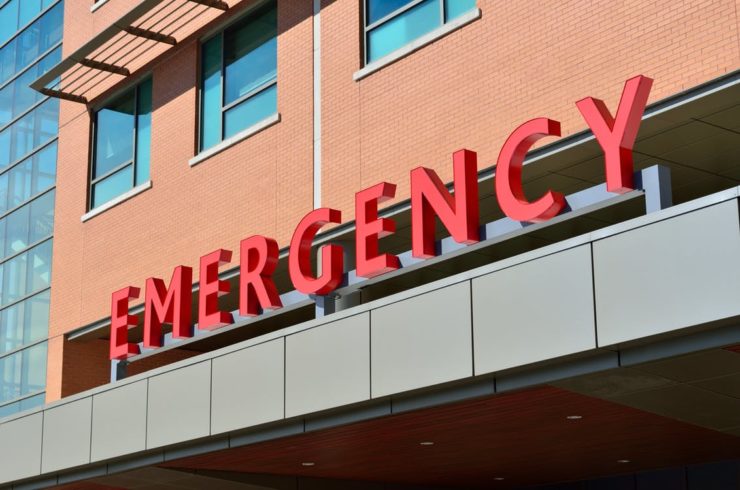The Use of Drones in Health Care
 Healthcare facilities have for long relied on road transport to deliver emergency kits, but this trend may be changing. With the need for faster deliveries, drones are viewed to be the much-needed change. Pilot-less aircraft have been used to deliver pizza to customers and condoms to remote villages in sub-Saharan Africa, and their efficiency can also be tapped for life-saving use. In the fall of 2016, California-based Zipline launched the world’s biggest drone delivery network in Rwanda.
Healthcare facilities have for long relied on road transport to deliver emergency kits, but this trend may be changing. With the need for faster deliveries, drones are viewed to be the much-needed change. Pilot-less aircraft have been used to deliver pizza to customers and condoms to remote villages in sub-Saharan Africa, and their efficiency can also be tapped for life-saving use. In the fall of 2016, California-based Zipline launched the world’s biggest drone delivery network in Rwanda.
Zipline manages its field operations from a single base using 15 drones to serve 21 clinics. When a hospital places an order, a worker at the distribution center packs the products into a small container and loads it onto the drone. Currently, the infrastructure only allows the drones to fly to the clinic and drop the supplies through a parachute without landing. The drone then flies back to the distribution center where a worker replaces its batteries and loads it up with a new package to deliver. A drone can be launched within five minutes after landing, enabling the distribution center to launch up to 500 flights a day.
Although package delivery has been successful, Zipline has yet to introduce drone pick-ups. Drones would have to land in order to be loaded with diagnostic test samples before they can fly back. This would require more complicated equipment to ensure safe landing without injuring people and animals in the area. In addition to the technical challenges, a number of laws limit the use of commercial drones.
Zipline’s initiative has reduced access time to remote areas from hours to just a few minutes. The 30-pound unmanned drones can fly up to 68 mph to health centers within 50 miles.
In the neighboring Tanzania, a national drone delivery system is set to launch in early 2018 in the capital Dodoma. Three more centers will then be added in the Southern Highlands and the northwestern corner of the country to form the world’s biggest medical drone network.
Rwanda is not the only country where drones are used to deliver medical supplies. In 2015, Virginia-based clinic Health Wagon in partnership with NASA researchers delivered medication to uninsured residents in Appalachia. However, restrictions by the Federal Aviation Administration have prevented the clinic from using the technology regularly. Elsewhere in Malawi, California-based Matternet in partnership with Unicef used drones to deliver blood samples from clinics for HIV testing. The country has only eight testing labs serving a population where one out of 10 people is HIV-positive. The William Carey University College of Osteopathic Medicine in Missouri also plans to use drones to deliver medicine kits to victims of terrorist attacks and natural disasters.
The use of drones in delivery and pick-up of clinical samples can greatly reduce out-of-pocket expenses as well as provide real time service to patients of chronic diseases. Transportation being the major limitation, drones can ensure timely delivery and improve recovery success rates in patients with chronic diseases. Drone-aided health care will also help caregivers deliver medicine refills, routine test kits, and pick-up patient exam kits.
|